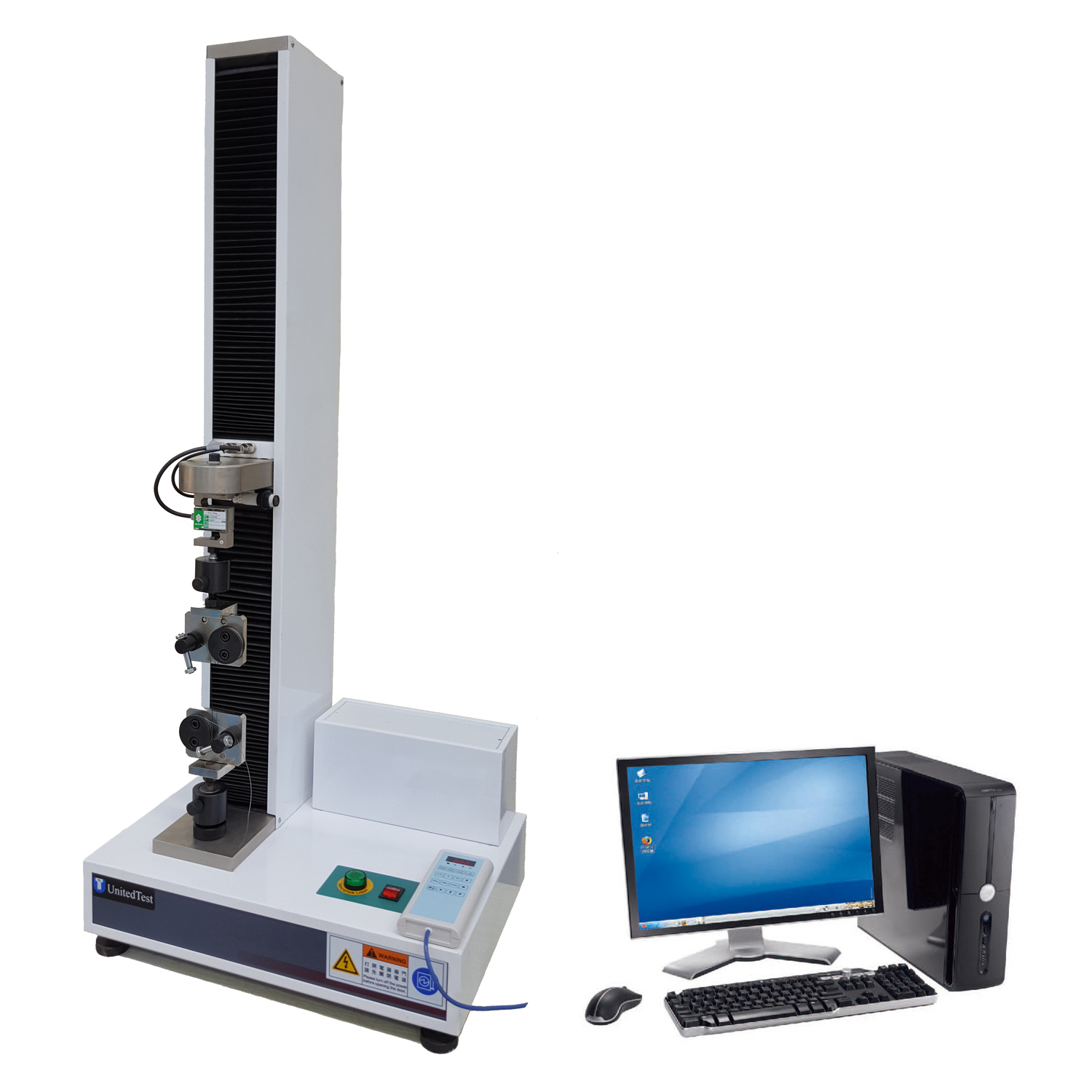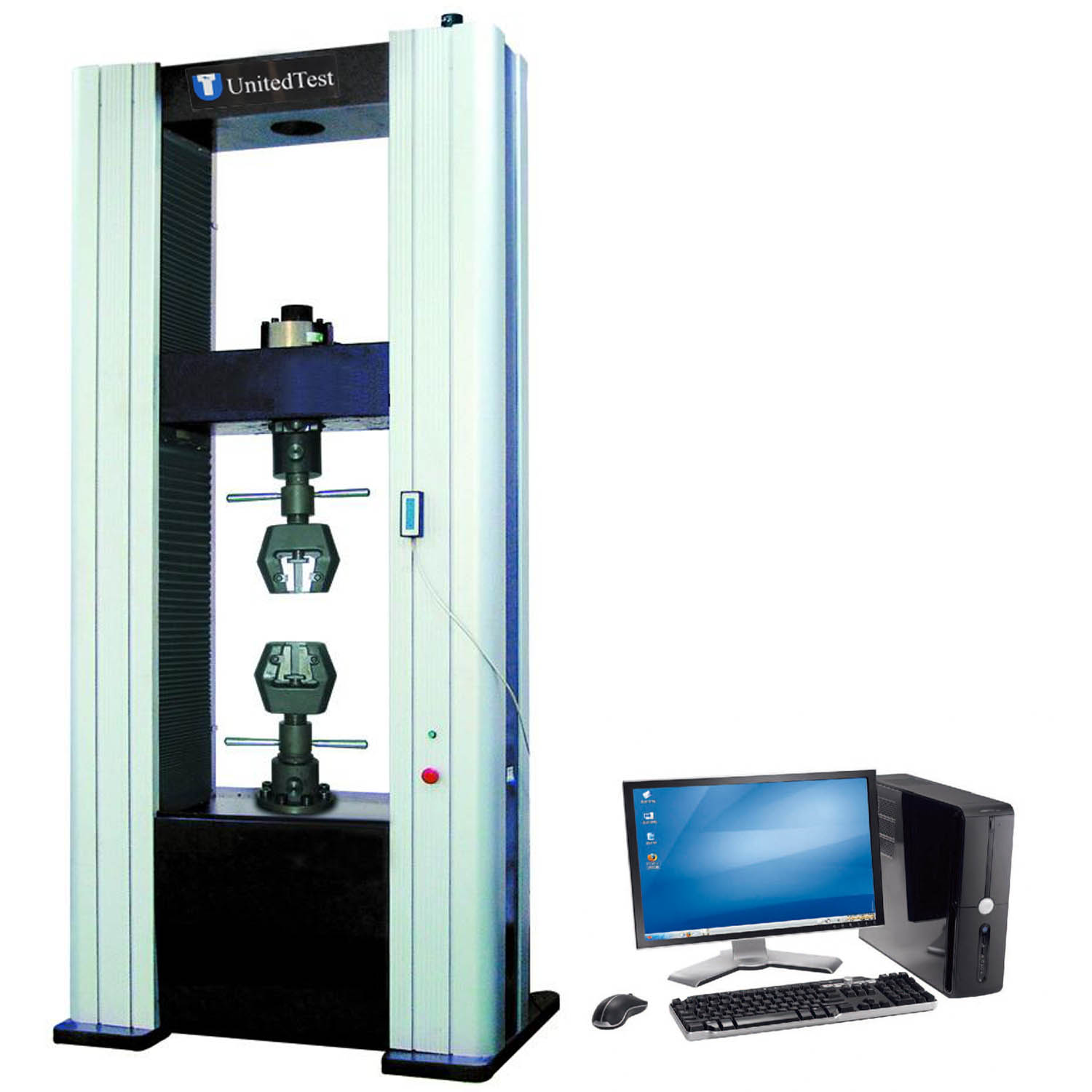- Universal testing machine
- Fixtures
- Medical/Biomedical device
- Vehicles motorcycle
- Compression/Flexural test
- Hardness tester
- Impact testing machine
- Torsion testing machine
- Abrasion & wear tester
- Plastic & Pipe testing
- Tensiometer / Goniometer
- Erichsen cupping tester
- Other Testing Equipment
- Grinding & polishing machine
- Introduction
- Specification
- Accessories
- Standard
- LEAFLET & VIDEO
- Contact Us
ASTM D953 covers the determination of the bearing strength of rigid plastics in either sheet or molded form. ASTM D953 bearing strength tests for plastics apply in various thermoplastic or thermosetting products in sheet form where rivets, bolts, or similar fastenings are to be used in joining members or sections.

The standard specimen is 4.75” long, 0.938” wide, and of a thickness equal to the diameter of the fastener hole used, viz., either 1/8” or 1/4”. Since the fastener hole sizes are different, two different fixtures must be used. A ¼” diameter fastener is more commonly used.
Although originally developed for unreinforced plastics, this test fixture is sometimes used to test composites and other materials also, typically using the ¼” diameter fastener configuration. And the condition specified in ASTM D 953 that the specimen thickness is to be equal to the fastener diameter is often not maintained when testing these other materials. That is, non-conforming tests are often conducted, as for example are reported in Reference 2.
This procedure is used for determining the bearing capacity of rigid plastic or in the form of sheets, printed form, or in the form thermoset pultruded. There are two procedures. Procedure A is applicable for the load voltage and Procedure B for the compression load.
This tests for plastic materials is intended to be applied in the specification of the various thermoplastic or thermosetting products in sheet form where are used, to join members, or rivets or bolts.
It is also intended to apply everywhere in the sheet materials of the indicated classes must support edgewise loads applied by means of pins or rods of circular cross section which perforate the sheet perpendicular to the surface.
The purpose of the test is to show the bearing stress versus the deformation of the hole and to determine the bearing strength of the material
ASTM D953 - 18
Standard Test Method for Pin-Bearing Strength of Plastics.
 Global links
Global links



